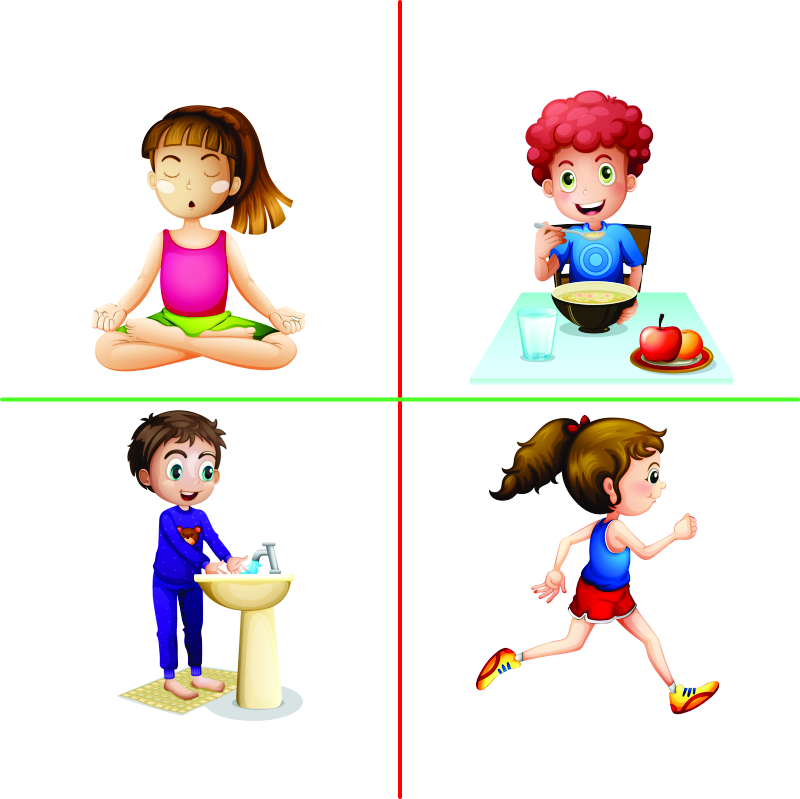Children are naturally curious. From the moment they begin to speak and explore the world around them, they begin showing signs of what excites and engages them. While it may seem too early to talk about "passion" at the nursery or primary level, these early years are actually the foundation for discovering personal interests and preferences that shape a child’s growth.
At this stage, learning is all about exploration through play, observation and interaction. Children often express themselves freely through drawing, building blocks, storytelling, singing, dancing or simply asking endless questions. These spontaneous activities offer valuable clues to their interests. For instance, a child who constantly draws and colours may have an artistic inclination, while one who enjoys building things might show an early love for design or construction.
Parents and teachers play a crucial role in helping children identify their interests. Creating a supportive environment where children are exposed to various activities like music, dance, crafts, nature walks, puzzles or picture books can help in noticing what captures their attention most. Encouraging them without pressure or judgment gives them the confidence to explore without fear of failure.
Observation is key. Does the child spend more time with books or with toys? Do they love group activities or prefer quiet, imaginative play? These small patterns are signals of their developing passions. Teachers can support this process in the classroom by offering a mix of activities that cater to different learning styles—visual, auditory and kinesthetic.
Additionally, having regular conversations with young children about what they like or dislike can be very insightful. Asking questions like, “What did you enjoy doing today?” or encourages self-reflection in a fun way.
It’s also important to remember that interests at this age may change frequently, and that’s perfectly normal. The goal isn’t to label children, but to nurture their enthusiasm and let them try different things.
By giving young learners freedom, we help them start their journey toward discovering their unique talents and passions—even at this early stage.









.jpg)









